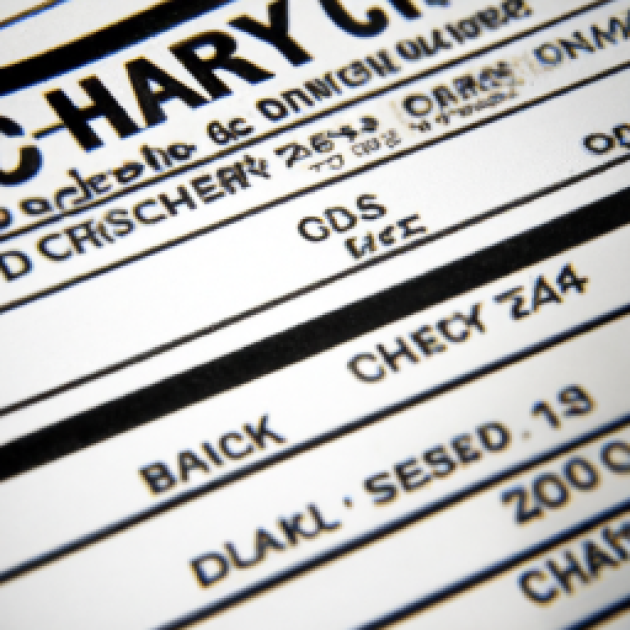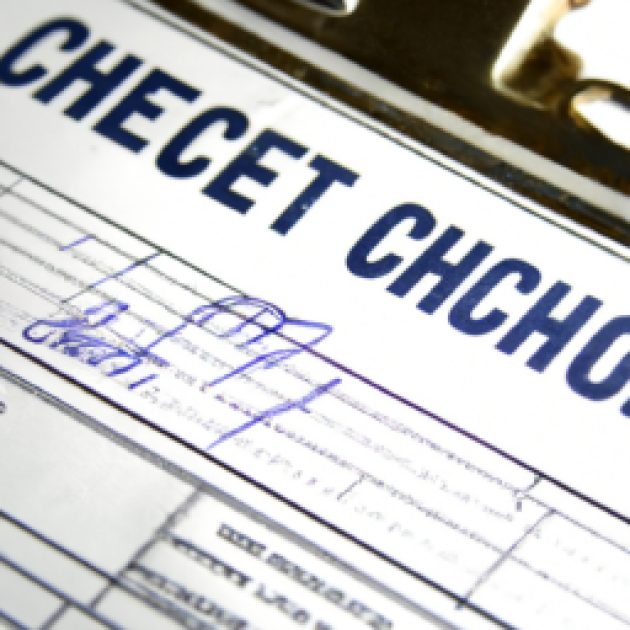Motorcarspecs.com delivers automobile industry news, and its unique content can entice viewers from all over the world. Every day, the Motorcarspecs.com team assists thousands of consumers in conducting vehicle research and comparing pricing on a wide range of automotive products and services. We’ve been pioneering innovative ways for prospective buyers to engage with automobiles and obtain timely and accurate information since January 2020. We created this platform for you, the viewers, to provide an honest evaluation on a relevant automobile, which we will completely review and post on our site.
Checking the History of a Car Before You Buy
When buying a car, knowing the history of the vehicle can be extremely important in making the right decision. Unfortunately, many buyers don’t have the knowledge on how to properly check a car’s history, which leads to poor decision-making. Here is a guide on the key steps in checking a car’s history before you buy:
Do a VIN Check
The first and most important step when checking a car’s history is doing a VIN check. The VIN check will report on information such as the year, make and model of the car, any previous owners and the odometer reading. It’s important to note that not all VIN checks will be reliable – seek out services like Evercar or CarFax to ensure you’re getting accurate information.
Check for Accidents
Next, you want to check if the car has been involved in any accidents. Accident history can drastically reduce the value of a car and its safety rating. If the car you’re interested in has been involved in an accident, consider getting a mechanics inspection to make sure the car is still in good condition.
Look at its Maintenance History
Finally, looking into the car’s maintenance history is an essential. This step involves understanding when was the car last serviced, which recalls have been applied and whether the car has any mechanical issues. Knowing these factors can help you determine the true benefit of the car.
Summary
In summary, check for car history is an important step for anyone buying a car. Make sure to do a VIN check, look at the accident history and investigate its maintenance history to be confident in your decision. With the right resources and knowledge, you’ll be able to make a smarter, more informed purchase.
What information is included in a vehicle history report?
A vehicle history report contains information such as the vehicle’s title, odometer readings, individual vehicle history, accident record, prior owners, recall notices, and manufacturer defects. The report also typically includes other information such as the vehicle’s location, age, and its model. Additionally, it can include information about the car’s performance on emissions testing.
What is a VIN lookup?
A Vehicle Identification Number (VIN) lookup is a searchable database of registered motor vehicles in the United States and Canada. It lists information about a vehicle’s make, model, year, engine size, and features, as well as any reported vehicle history such as odometer readings, accidents, and title problems. By using a VIN lookup, you can get a glimpse into a vehicle’s history and potential future.
What information is included in a VIN lookup?
A VIN (Vehicle Identification Number) lookup can provide a variety of information about a vehicle. This may include the vehicle’s make, model, year, manufacturer, trim, engine and transmission type, body style, original factory options, country of origin, accident history, odometer readings, and recall information. Additionally, a VIN lookup can often provide information about a person’s driving history, such as license suspension, DUI, speeding tickets, and more.
What other information can a VIN lookup provide?
A VIN lookup can provide information about the make, model, year, engine size, safety features, owner history, vehicle repair history, and recalls associated with a particular vehicle. Additionally, a VIN lookup can provide information on a vehicle’s state inspection records, insurance records, and other key information related to the vehicle’s history.
Buying a used car can be a daunting task, with countless questions to answer, decisions to make and researching to do. One important factor to look into when purchasing a used car is to “check for the car history”.
Having a comprehensive view of the car’s past is essential in making sure you are getting a quality vehicle and getting a good deal. You can get information on the vehicle’s past owners, accidents, maintenance, repairs and service history. Knowing the vehicle’s past is essential in making sure you are not buying a lemon!
There are a few ways to check for a car history. If the car is relatively new, the best option is to go to the dealership – it may be the quickest and simplest way to get the information you need. The dealership may also provide a Car Briefing report that provides insight into the history of the car. However, be aware that not all dealerships provide this service.
If the car is older, you could get a vehicle history report from a reputable source, such as the National Vehicle Register (NVR), which collates various documents related to the car’s past. Be aware that these can be expensive and time-consuming, so they may be a cost-prohibitive option.
You can also search the car’s registration number on the Driver and Vehicle Licensing Agency website. It will provide you with the car’s registered owner, when it was first registered, when it had its last MOT, its date of manufacture, and potentially more. It may also be beneficial to run a background check on the current owner to ensure there is no record of fraud or dodgy dealings.
Checking for car history is an important step in the process of buying a used car, and should not be skipped. It can provide you with crucial information about the car, and may even provide peace of mind that you are making a good purchase.
What information is provided in a car history check?
A car history check provides you with information about a car’s ownership history, including past and present owners, title information, accident history, service records, odometer readings, VIN and crash test results. It can also provide information about previous damage or theft repairs, emission test results, and estimated current value.
What information can be revealed by a car history check?
A car history check can reveal a variety of information, such as:
– Odometer readings
– Title information
– Accident records
– Number of previous owners
– Service and repair records
– Records of any recalls
– Vehicle registration
– Vehicle specifications
– Emissions test records
– Estimated current value
– Crash test results
– Theft protection records
– Previous damage or repairs
Answering these questions can provide key insights into the condition and value of the car you’re looking at. It can give you the peace of mind that you’re getting a quality car, or it may alert you to potential issues, saving you money and time in the long run.
What is included in a car history check?
A car history check will provide you with information about the vehicle’s title, registered owner details, registration number, make/model, vehicle identification number (VIN), engine size, odometer reading, any lien or lease information, any accident and repair details, vehicle recalls, emissions compliance, fuel type, and in some cases, service history. Additionally, some companies may provide additional information such as sales history, estimated current value, or crash test results.
What type of information does a car history check provide?
A car history check provides an overview of a vehicle’s history, including previous owner information, service and repair records, recalls and defects, registration details, odometer readings, and details of any liens or insurance claims associated with the car.

